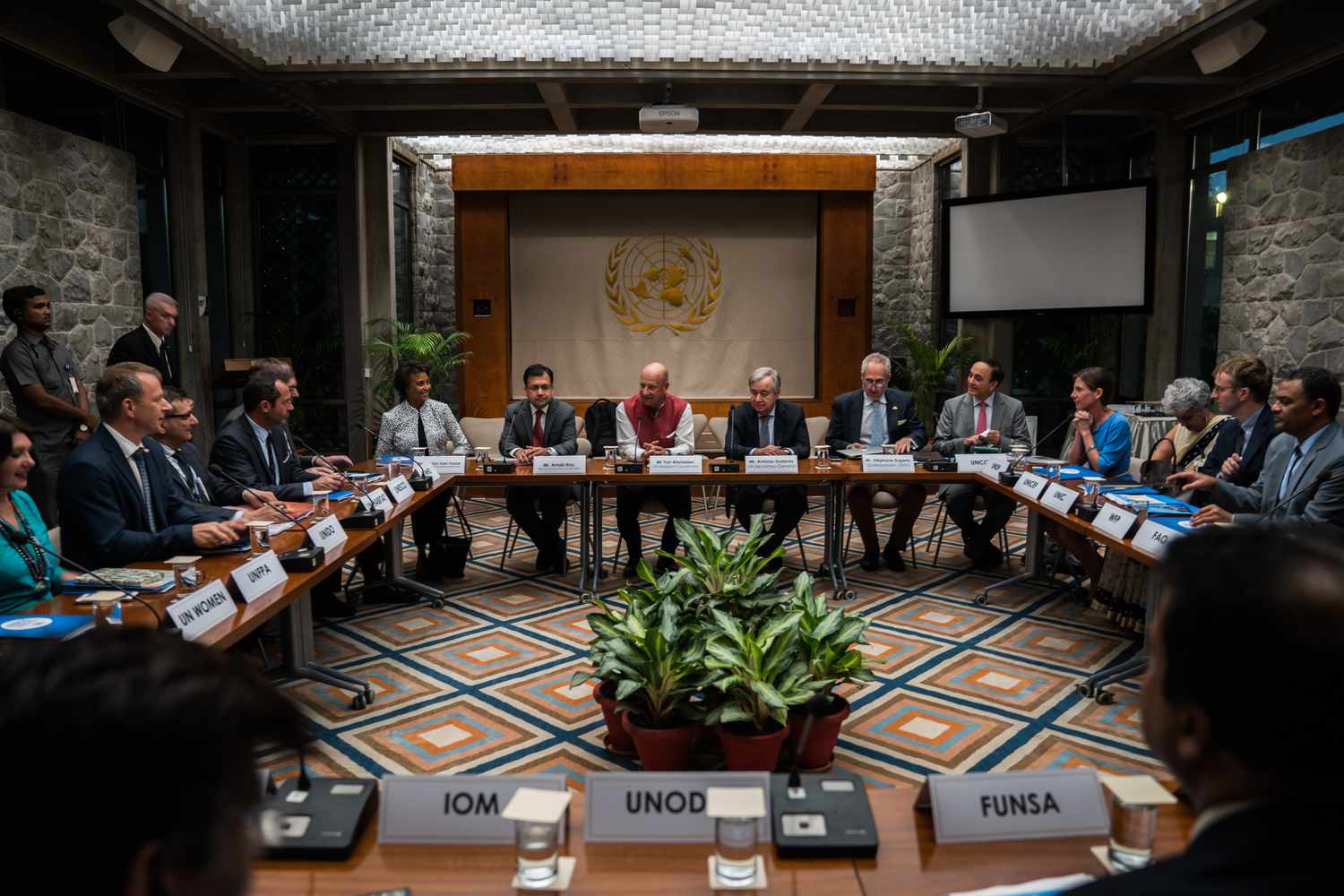1. The Significance of International Alliances:
-
Mutual Security: Alliances often form to enhance the security of member nations. Collective defense agreements, like NATO, aim to deter aggression and promote peace by pledging mutual assistance in case of an attack.
-
Economic Cooperation: Economic alliances, such as the European Union, promote economic growth, trade, and the development of a shared market, creating a more powerful economic bloc on the global stage.
-
Crisis Management: Alliances can provide a framework for addressing crises and conflicts through diplomatic means, rather than resorting to armed conflict.
-
Geopolitical Influence: Strong alliances give member nations greater influence and leverage in international relations, allowing them to pursue common interests and goals more effectively.
2. Key International Alliances:
-
North Atlantic Treaty Organization (NATO): A military alliance of North American and European nations, NATO's primary mission is collective defense, with members pledging to come to each other's aid in case of attack.
-
European Union (EU): An economic and political union of European countries that facilitates economic cooperation, the free movement of people and goods, and common policies on various issues, such as trade and environmental regulations.
-
African Union (AU): Comprising African nations, the AU focuses on conflict resolution, economic integration, and the promotion of peace and security on the continent.
-
BRICS: The alliance of Brazil, Russia, India, China, and South Africa represents emerging economies seeking to enhance their global influence in political and economic matters.
-
Shanghai Cooperation Organization (SCO): Comprising Eurasian nations, the SCO promotes regional security and economic cooperation and provides a platform for dialogue on various issues.
3. Diplomatic Tensions and Their Impact:
-
Geopolitical Rivalries: Diplomatic tensions often arise from geopolitical rivalries, where nations compete for influence and resources. Examples include U.S.-China relations and Russia's actions in Ukraine.
-
Territorial Disputes: Territorial conflicts, like those in the South China Sea, the Israel-Palestine conflict, and the Kashmir dispute, are persistent sources of diplomatic tension and even conflict.
-
Trade Disputes: Trade disputes, as seen in the U.S.-China trade war, can strain diplomatic relations and impact global trade dynamics.
-
Human Rights Concerns: Human rights issues, such as those related to freedom of speech, political repression, and refugee crises, can lead to diplomatic tensions, such as in the case of the Rohingya crisis in Myanmar.
4. The Role of Diplomacy:
-
Diplomacy is a critical tool for resolving diplomatic tensions and conflicts, preventing armed conflicts, and fostering cooperation. Diplomats engage in negotiations, mediation, and dialogue to find peaceful solutions to complex issues.
-
Multilateral diplomacy, facilitated through organizations like the United Nations, often plays a central role in addressing global challenges, including climate change, international security, and humanitarian crises.
5. The Future of International Alliances and Diplomacy:
-
The landscape of international alliances and diplomatic relations continues to evolve. New alliances, like the Quad (comprising the U.S., India, Japan, and Australia), are forming to address contemporary challenges.
-
Digital diplomacy and technology are becoming increasingly important in the practice of international relations, with nations leveraging cyberspace for both cooperation and conflict.
-
The global community faces pressing issues, including climate change, pandemics, and cybersecurity, which will require innovative diplomatic approaches and international cooperation.
In conclusion, international alliances and diplomatic relations are integral to the functioning of global politics. They shape the distribution of power, influence international outcomes, and have the potential to prevent conflicts and address global challenges. However, diplomatic tensions and rivalries also underscore the complexities of international relations. The future of diplomacy will continue to be marked by evolving alliances, emerging global challenges, and the imperative of cooperation in a rapidly changing world.




Comments (0)